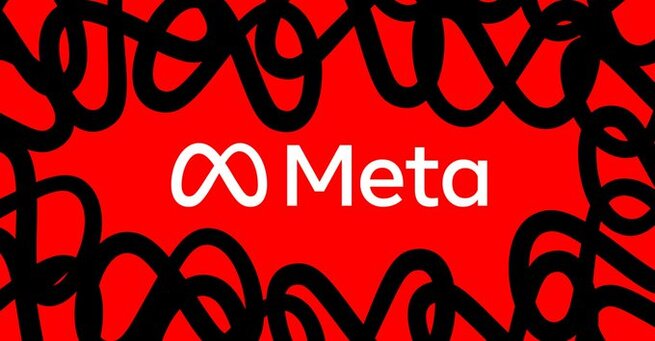Alerts

Meta is officially discontinuing its Messenger apps for Windows and macOS, marking the end of desktop support for the popular chat platform. Both desktop versions have already been pulled from the Microsoft Store and Mac App Store, and users are now receiving notifications that the apps will stop functioning in December.
According to Meta, Messenger for Windows will no longer be available after December 14, 2025, while macOS users will lose access roughly 60 days after the announcement. The company’s updated support page confirms the shutdown timeline, explaining that a complete block will follow once the grace period ends.
This move affects users who prefer using Messenger on larger screens for multitasking or professional communication. After the shutdown, Windows and Mac users will need to switch to Messenger’s web version or use the Facebook app for chat access.
Meta’s decision to retire the Messenger desktop apps appears to align with its broader strategy of simplifying app development across platforms. By focusing on web-based versions, Meta can ensure faster updates and unified experiences without maintaining separate codebases for Windows and macOS.
Industry analysts also point out that Meta’s shift may reduce maintenance costs while improving integration with its main Facebook and Instagram platforms. The move mirrors Meta’s reported plans to replace the native WhatsApp Windows app with a web wrapper version, further signaling its transition toward lightweight, browser-based applications.
Even though Meta is removing its Messenger apps for Windows and macOS, users can still access all core messaging features through messenger.com. The web version supports voice calls, video chats, and group messaging, offering a near-identical experience without requiring installation.
For those who rely heavily on desktop messaging, pinning Messenger’s web version to the taskbar or using it as a browser shortcut can recreate the feel of a standalone app.
The removal of Messenger’s desktop apps underscores Meta’s growing emphasis on cloud-based communication and platform efficiency. By consolidating resources into web development, the company can prioritize AI-powered features, faster performance, and better cross-device syncing.
This approach fits Meta’s recent trend of streamlining its products to work seamlessly across Facebook, Instagram, and WhatsApp—especially as Meta continues investing heavily in AI-driven user experiences.
The news that Meta is removing its Messenger apps for Windows and macOS might frustrate long-time desktop users, but it reflects a practical pivot toward web-first solutions. As Meta shifts focus to its browser-based versions, users can expect tighter integration, faster updates, and continued innovation within Messenger’s web ecosystem.
𝗦𝗲𝗺𝗮𝘀𝗼𝗰𝗶𝗮𝗹 𝗶𝘀 𝘄𝗵𝗲𝗿𝗲 𝗿𝗲𝗮𝗹 𝗽𝗲𝗼𝗽𝗹𝗲 𝗰𝗼𝗻𝗻𝗲𝗰𝘁, 𝗴𝗿𝗼𝘄, 𝗮𝗻𝗱 𝗯𝗲𝗹𝗼𝗻𝗴. We’re more than just a social platform — from jobs and blogs to events and daily chats, we bring people and ideas together in one simple, meaningful space.
